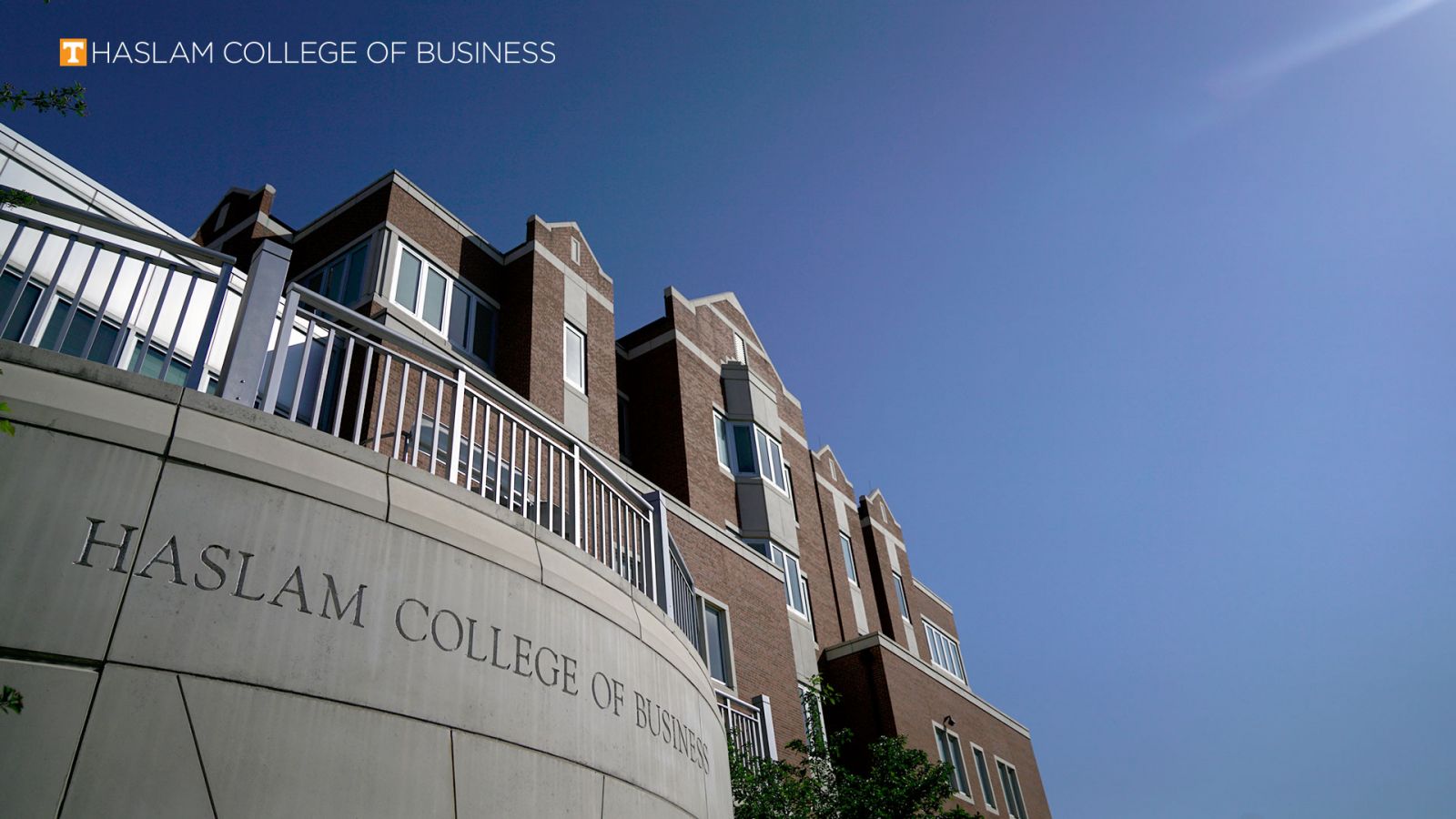We are delighted to have Dr. James Daniel Moore joining us today to discuss an innovative strategy he pioneered at the University of Kentucky to address hepatitis C, a prevalent infectious disease affecting his local region and community.
Dr. Moore is an Associate Professor at the University of Kentucky Healthcare. He is also the Co-CEO and Chief Financial Officer at Thoroughbred Emergency Physicians. He completed his residency in emergency medicine at the University of Alabama after graduating from the University of Kentucky Medical School in 2011, and he recently obtained his MBA from the University of Tennessee Knoxville.
Dr. Moore’s Career Journey
Initially, after completing his residency, Dr. Moore had no intention of pursuing an academic career, preferring instead to work in community emergency medicine. However, after seeing the broken healthcare system in Kentucky and feeling compelled to address the issues, he decided to stay and do his best to fix the problems. He saw academia as a means to access resources and infrastructure to improve healthcare delivery.
Transitioning to a Large Academic Healthcare Organization
Over time, Dr. Moore learned the importance of building credibility and success within projects to have a seat at the table for decision-making. Despite the slow pace of change, he was motivated by his goal to improve patient care and access.
Becoming a Change Agent
Participating in emergency department management programs sparked Dr. Moore’s interest in operational change within healthcare systems. His introduction to business concepts came from reading literature and implementing strategies to address the challenges of high patient boarding rates and various other issues. His need for credentials and a desire to learn practical skills to navigate complex healthcare systems effectively drove him to pursue an MBA.
Dr. Moore’s Approach to Public Health Emergencies
Dr. Moore’s interest in addressing public health emergencies, particularly hepatitis C, arose from his commitment to providing high-quality care to every patient. His approach involved implementing standardized screening and treatment protocols within emergency departments, leveraging resources from organizations like Gilead Focus to support infrastructure development. Through perseverance and strategic planning, he aimed to implement systemic changes to improve healthcare outcomes for underserved populations.
Annual Screening within High-risk Communities
Dr. Moore emphasizes the importance of annual screening in high-risk communities, particularly in emergency departments. Despite lacking a defined screening cadence, he asserts that the current guidelines advocate for widespread screening, with minimal issues encountered with payers.
Financial Viability and Return on Investment
Dr. Moore highlights the significant cost savings associated with early intervention and treatment, the economic benefits of proactive healthcare interventions, and the importance of incentivizing healthcare systems to prioritize preventive care initiatives.
Expansion of Screening Initiatives
Dr. Moore highlights the ongoing efforts to expand screening initiatives to other emergency departments and correctional facilities, emphasizing the need for scalable, replicable models of care.
Expansion into Primary Care Offices
While it's too early to assess the full effectiveness of expanding initiatives into primary care offices, initial indicators suggest increased case identification. However, challenges persist, highlighting the need for standardized protocols and a centralized team. Plans are also underway for a system-wide screening program, extending beyond the UK for the first time.
Challenges with Eradicating Hepatitis C Nationally by 2030
Reflecting on the daunting task of eradicating Hepatitis C nationally by 2030, Dr. Moore highlights the complexities of Medicaid funding, state variations, and legislative challenges. He outlines efforts to establish public-private partnerships, secure state resources, and advocate for policy changes to address funding gaps.
Physician Buy-in and Evolution of Attitudes
Addressing questions about physician buy-in and resistance, Dr. Moore emphasizes the shift in mindset from traditional emergency care to a broader definition encompassing preventive interventions. Despite initial reluctance, many physicians now view those initiatives as valuable additions to emergency care, contributing to improved patient outcomes.
Conclusion
Dr. Moore underscores the importance of continuous advocacy, collaboration, and education in driving transformative change in healthcare systems.
Links and resources:
Norm Chapin on LinkedIn
Visit our YouTube Channel
James Daniel Moore, MD, University of Kentucky College of Medicine

June 15, 2021

In this episode of "PEMBA On Demand," host Dr. Norman A. Chapin interviews Dr. Amanda Ryan, an interventional cardiologist and PEMBA alum, about her...

In the "Revolutionising Healthcare: AI's Role in Modern Medicine" episode of "Pemba On Demand," host Dr. Norm Chapin interviews Dr. Benson Babu, a New...